The situation in Gaza is dire, especially for children, according to Jonathan Crickx, UNICEF spokesman in the Palestinian territories.
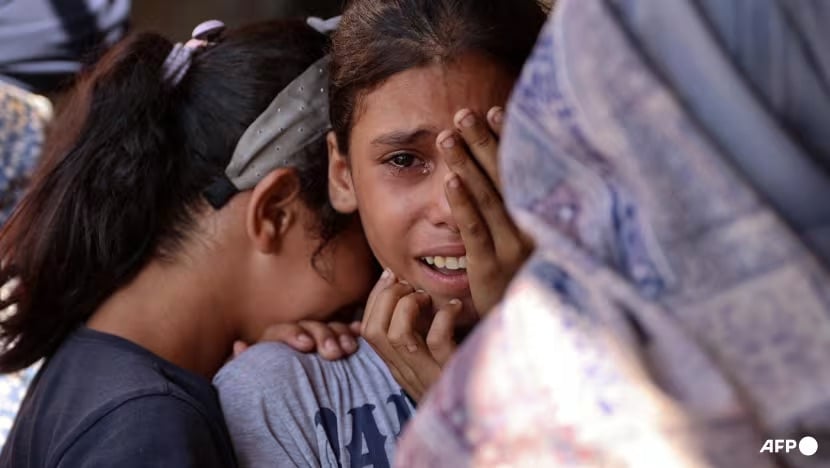
Children cry after an Israeli attack on a makeshift school for displaced Palestinians in Falluja near the Jabalia refugee camp in the northern Gaza Strip on September 26, 2024. Photo: AFP/Omar Al-Qattaa
Crickx has just returned from a week of work in Gaza and shared that most children there have not been able to go to school since the war between Israel and Hamas broke out on October 7 last year.
“These children do not live like normal children, without education, without play, without joy. Their faces are so sad,” he said.
Most of the children Crickx saw in Gaza were helping their families because there were no classes to attend. Many had to carry yellow plastic cans to collect water, while others had to search for food in the rubbish.
He recounted images of children as young as five or six years old wandering through huge piles of garbage looking for anything edible. These children have endured violence, bombs and a sense of insecurity for the past year.
Crickx recalled a conversation with Ahmad, a 10-year-old boy living in a refugee camp in southern Gaza. Ahmad had lost his uncle in a bombing, and described in detail how his body was dismembered.
Many children in Gaza have lost at least one parent. UNICEF estimates that there are about 19,000 children there without any family members. In addition, no schools are still functioning, and 85% of educational facilities have been destroyed by the conflict.
"A whole generation of school-age children have been out of school for the past 12 months. It's remarkable how much they want to go back to school, to see their friends, their teachers... education gives them hope," said Crickx.
UN agencies and aid groups have warned of the risk of disease spreading due to the poor living conditions in Gaza. With high population density, poor sanitation, hot weather and a lack of sanitation facilities, it is the perfect environment for disease outbreaks, according to Crickx.
Many children are sick and need treatment, but most hospitals in Gaza are no longer functioning. He met four children at Kamal Adwan Hospital in northern Gaza who had cancer or heart problems and needed immediate medical attention. Otherwise, they would not survive.
Cao Phong (according to AP, CNA)
Source: https://www.congluan.vn/unicef-tre-em-gaza-bi-anh-huong-nghiem-trong-boi-chien-tranh-post314698.html








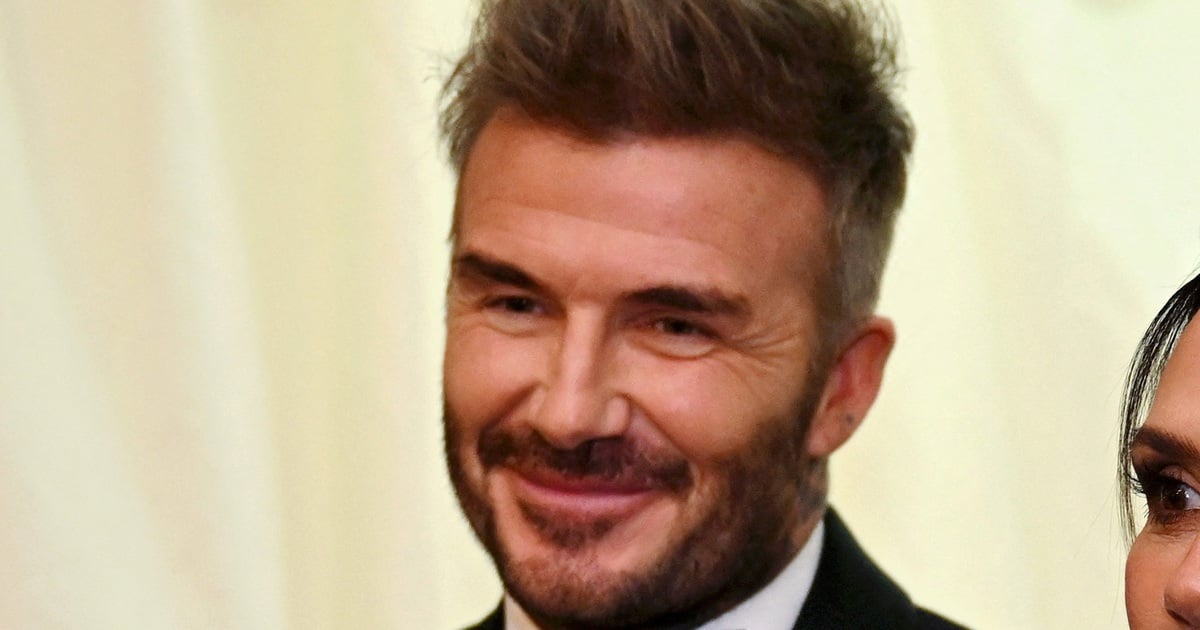

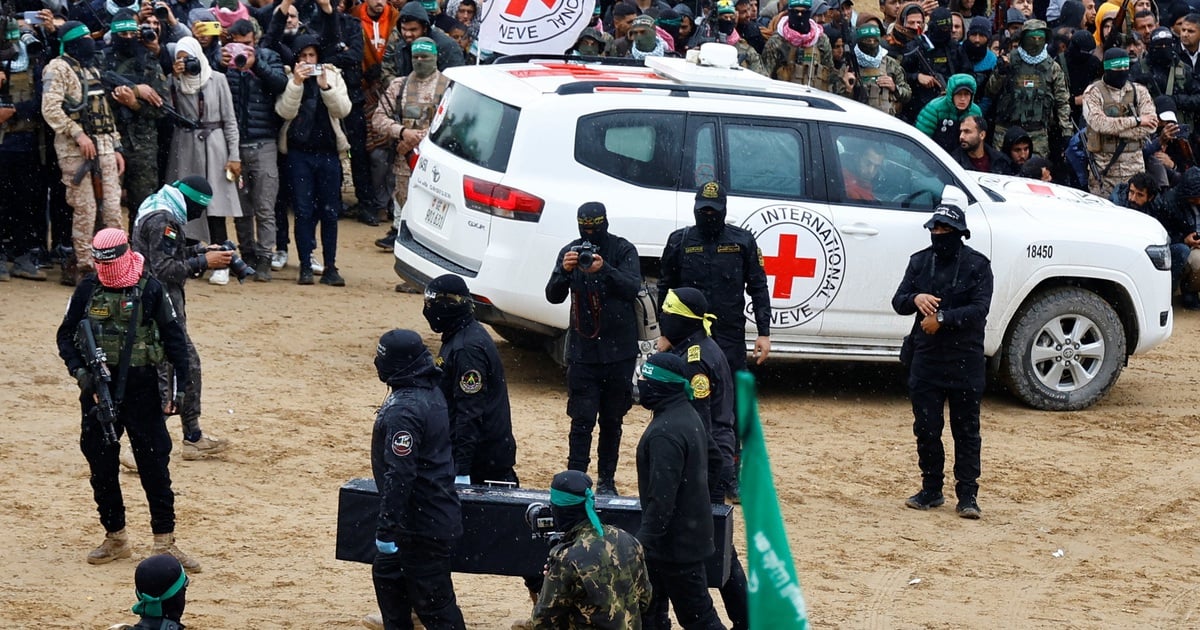
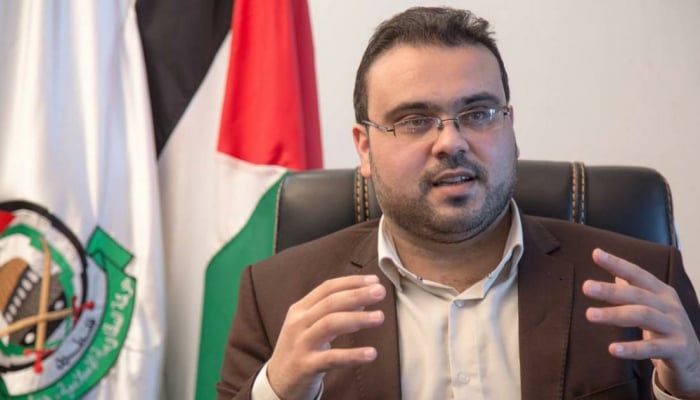
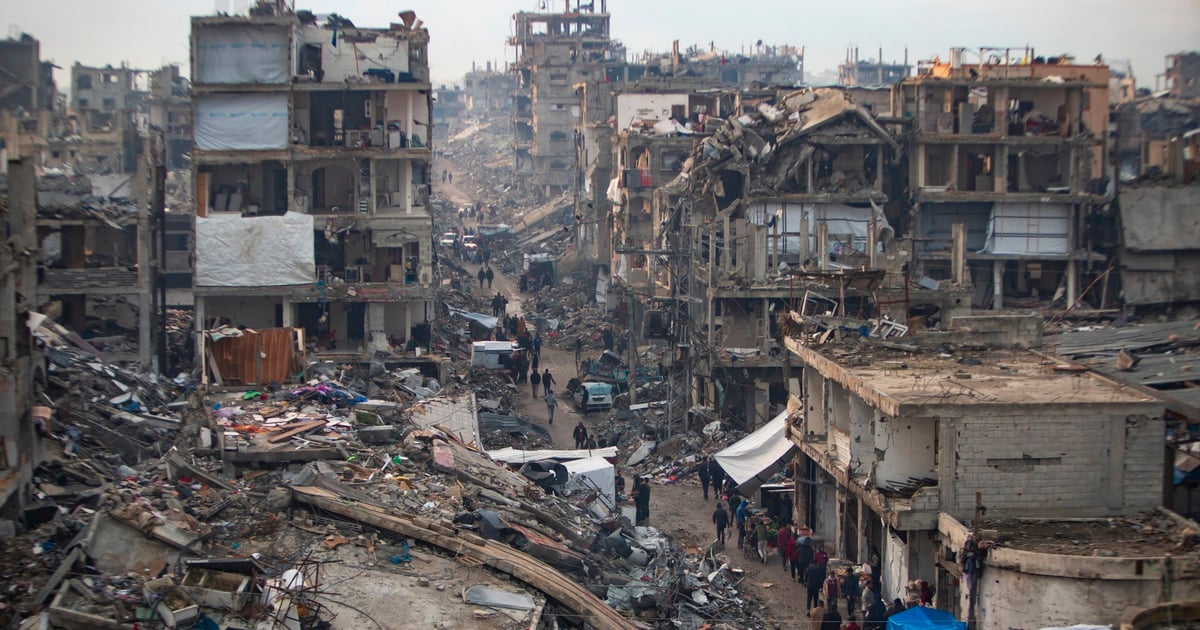
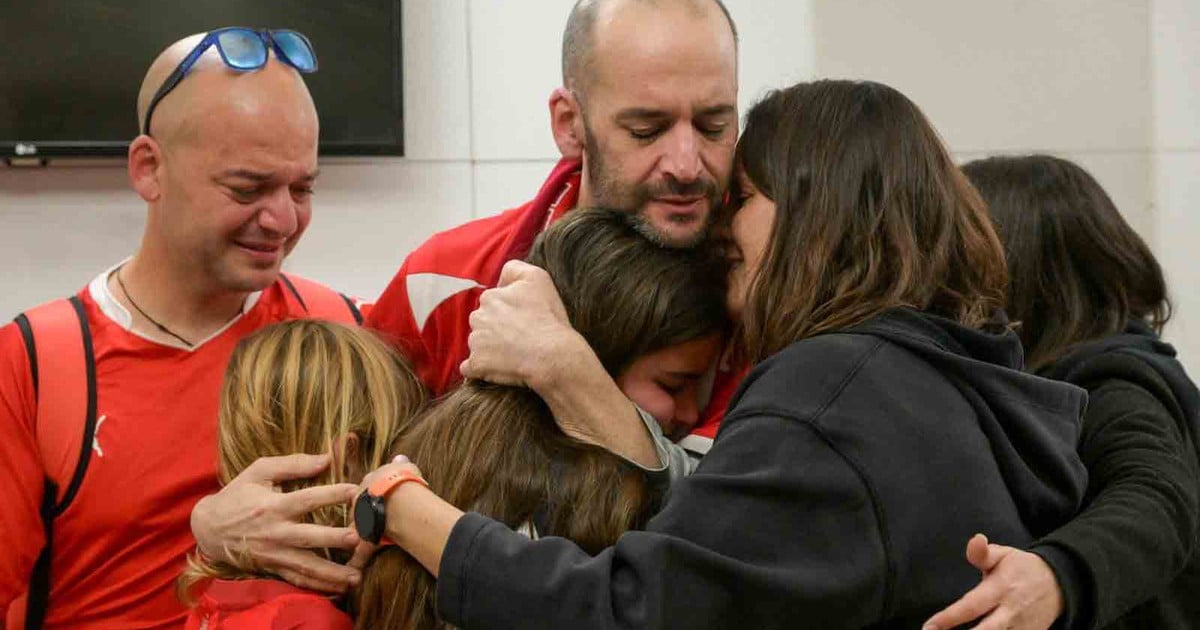














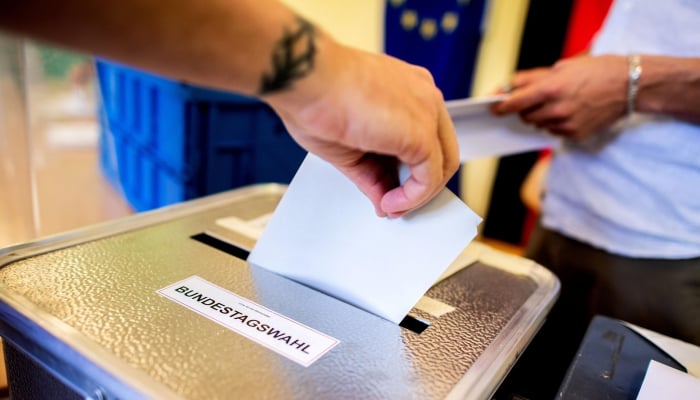







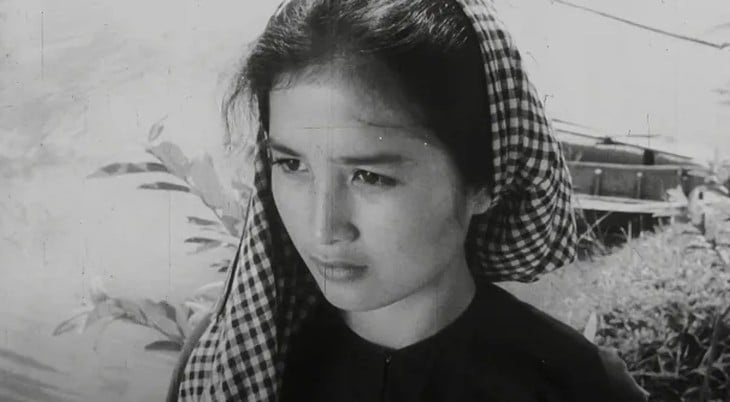



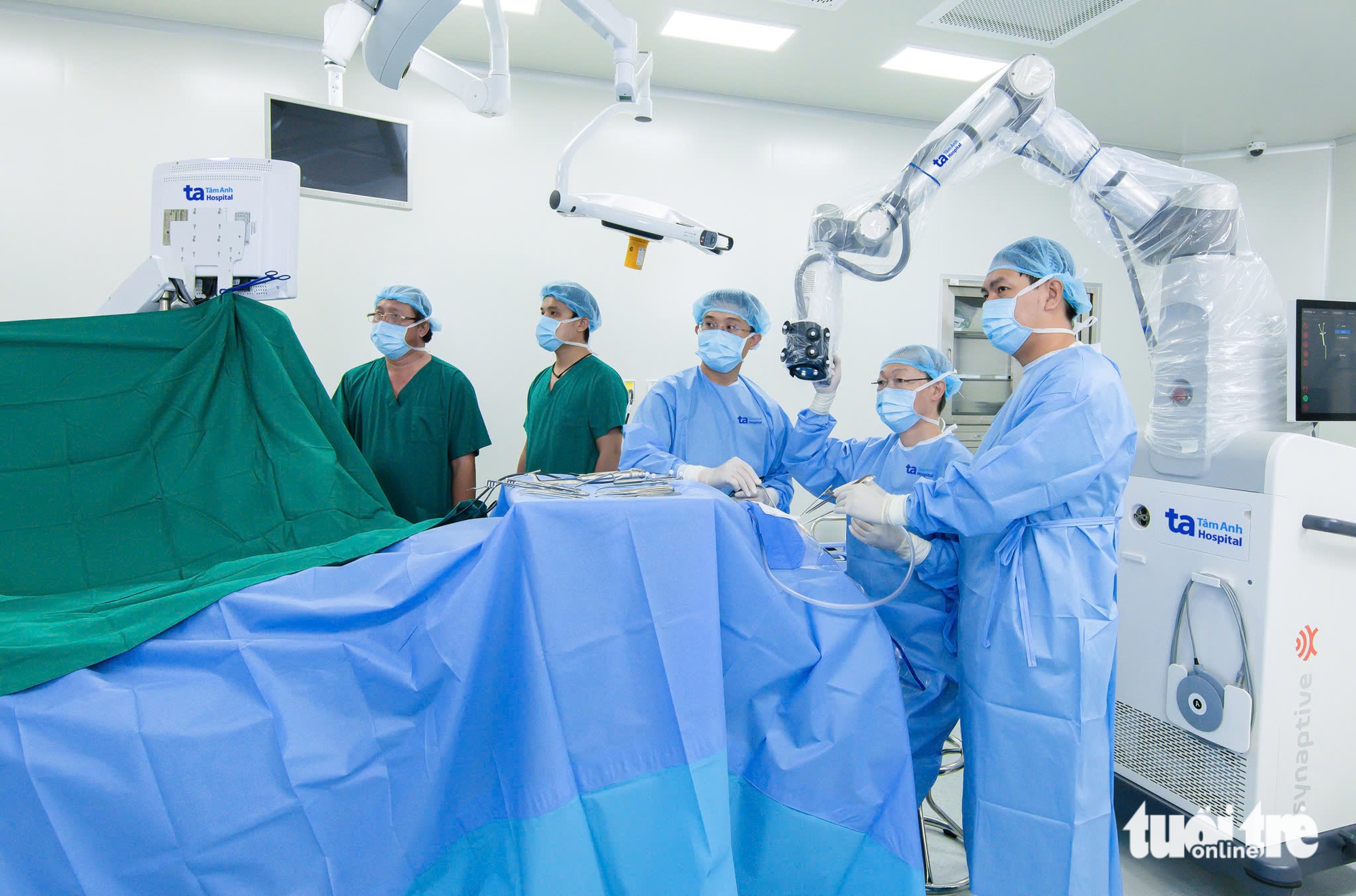

Comment (0)